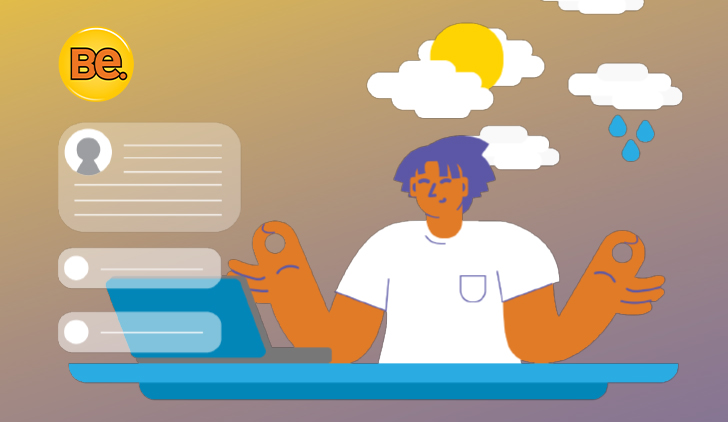
World Mental Health Day helps raise awareness of mental health issues and highlights efforts to support mental health.
Being mentally healthy involves our emotions, mind and social well-being. Several things influence it, including biological factors, life experiences and family history. Although 1 in 5 adults experience a mental health illness each year, there are a lot of misconceptions about this topic. Here’s the reality behind some of the most common ones:
Myth: Money and fame protect you from mental illness
Some people may think you can’t have a mental illness if you are rich and famous, but anyone can experience issues related to mental health. Many famous singers and actors have opened up about their mental struggles in recent years. This has helped highlight how common these issues are, bringing the discussion around mental health to the forefront.
Myth: Mentally ill people look and act different
Movies and TV shows sometimes portray people with mental illnesses with unusual or violent behaviors. But many people with mental health illnesses, such as depression and anxiety, hide how they’re feeling inside. They are able to work, keep up friendships and manage their daily lives.
Myth: You can’t get better
Although mental illnesses can be caused by things out of your control, you can get better with treatment options like medication and therapy. Finding a good support system can also play a role in helping you find assistance and recover.
First steps to finding help
Mental health resources are available for you on PASSport, including tips and screenings through Mental Health America, a nonprofit organization that promotes mental well-being. If you’re enrolled in our BCBS PPO Plan, you can talk to a licensed mental health professional for $25 per visit through Amwell telehealth. Our Employee Assistance Program (EAP) can also help connect you with appropriate mental health resources.


